The Move to Electric
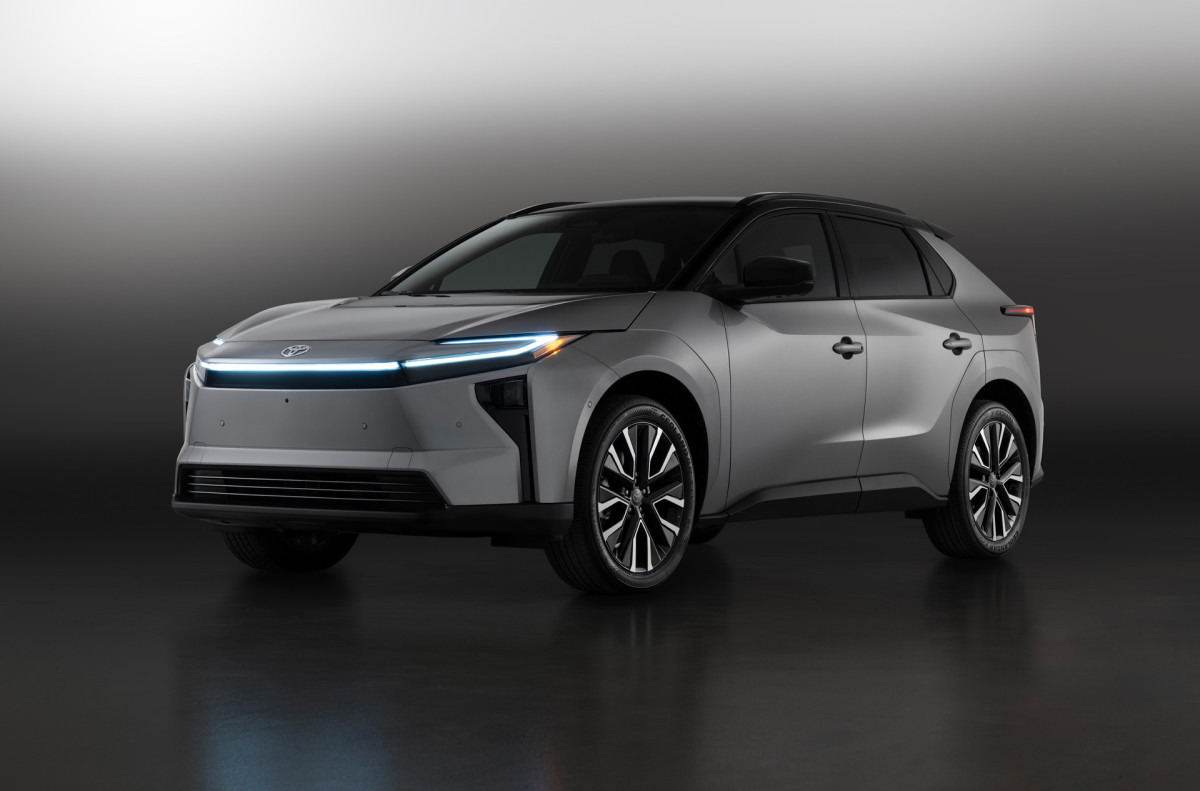
After taking its own sweet time getting into the electric vehicle (EV) game, Toyota, the world’s largest automaker, is starting to make some bold moves. Currently, their lineup is dominated by hybrids, but they have announced plans to introduce seven EV models in the U.S. by 2027. It’s like the sleeping giant of the auto world is finally stirring—and pretty mightily at that.
Initially, Toyota’s all-electric ventures didn’t quite capture attention, with the bZ4X, which lacked the sparkle of more popular EVs. However, they’re ready to take another stab at it. Their all-electric model, the bZ4X, comes in a refreshed avatar, now renamed to simply “bZ,” promising a range of around 314 miles on a full charge. It’s a neat upgrade compared to what was offered before.
Home-Grown EVs
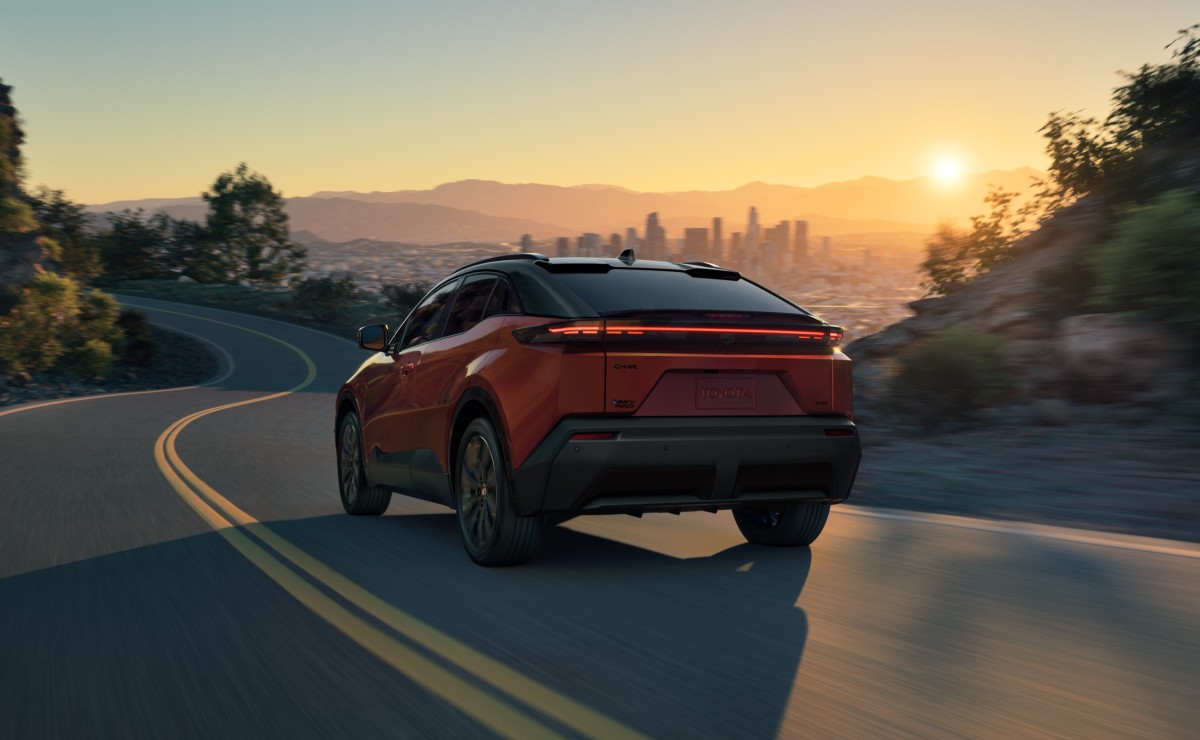
Two of Toyota’s upcoming EV models will roll out of American plants by 2026. Considering the infrastructure they’re setting up in the U.S., that’s no big surprise. The company is opening facilities geared toward battery production in Liberty, North Carolina, which signals Toyota’s commitment to the transition. The site spans over 1,850 acres and, once fully operational, is estimated to churn out about 30 gigawatt hours of battery power annually. That’s enough juice for a slew of hybrids and over 300,000 EV batteries.
But it’s not just about rolling out more models. Toyota’s hybrid veteran, the RAV4, will also exclusively feature hybrid powertrains by 2026. In this landscape, the more options, the better, as they cater to a diverse market that’s increasingly leaning toward electric mobility.
Driving Dynamics
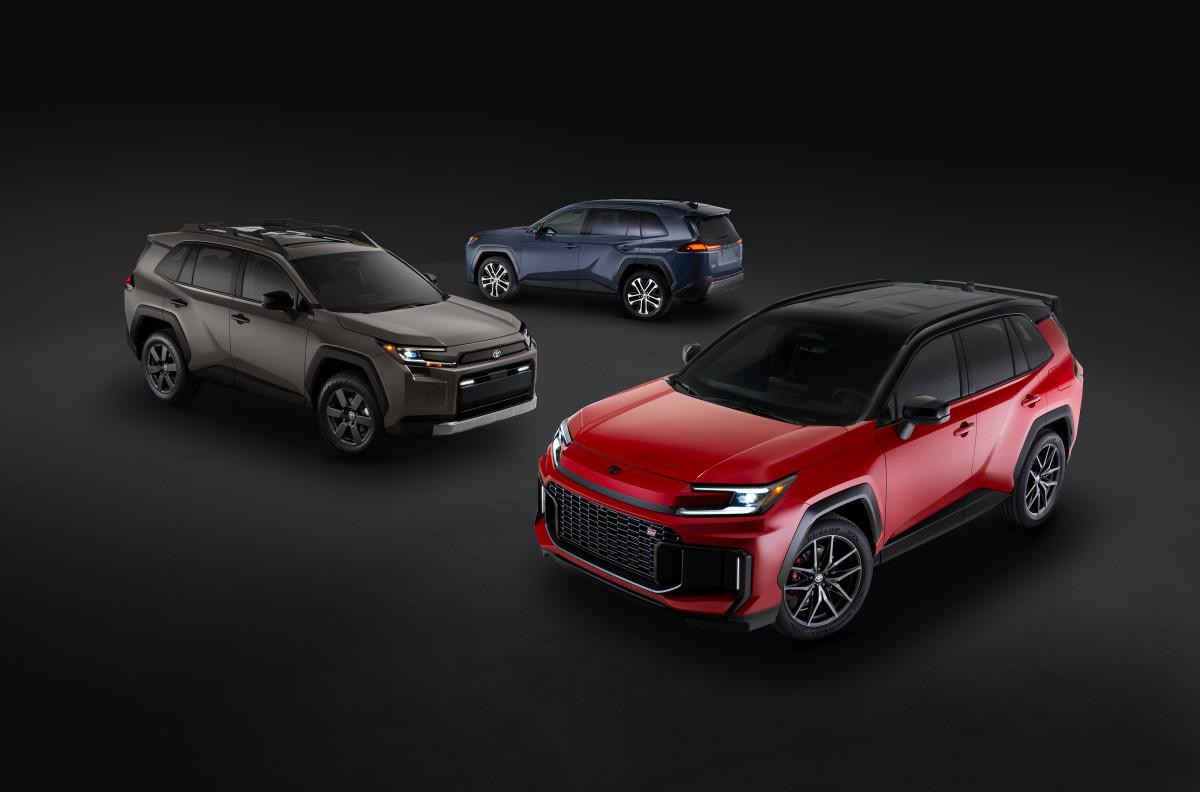
The idea of an electric vehicle brings with it the notion of silent, smooth rides, and instant torque. Toyota’s new offerings look to promise just that. The updated bZ4X, set to be focal in their EV lineup, combines the usual Toyota reliability with the efficiency and punch of an electric drive.
When compared to competitors such as Tesla, the bZ might not offer the flashiest performance, but it holds its own in terms of range and offers a practical take on electrification. The Lexus RZ steps it up a notch with performance enhancements and upgrades that make the drive even more engaging, offering up to 300 miles per charge. The appeal here would be comfort combined with luxury, giving Tesla’s luxurious yet minimalist approach some competition to ponder over.
Realistic Outlook
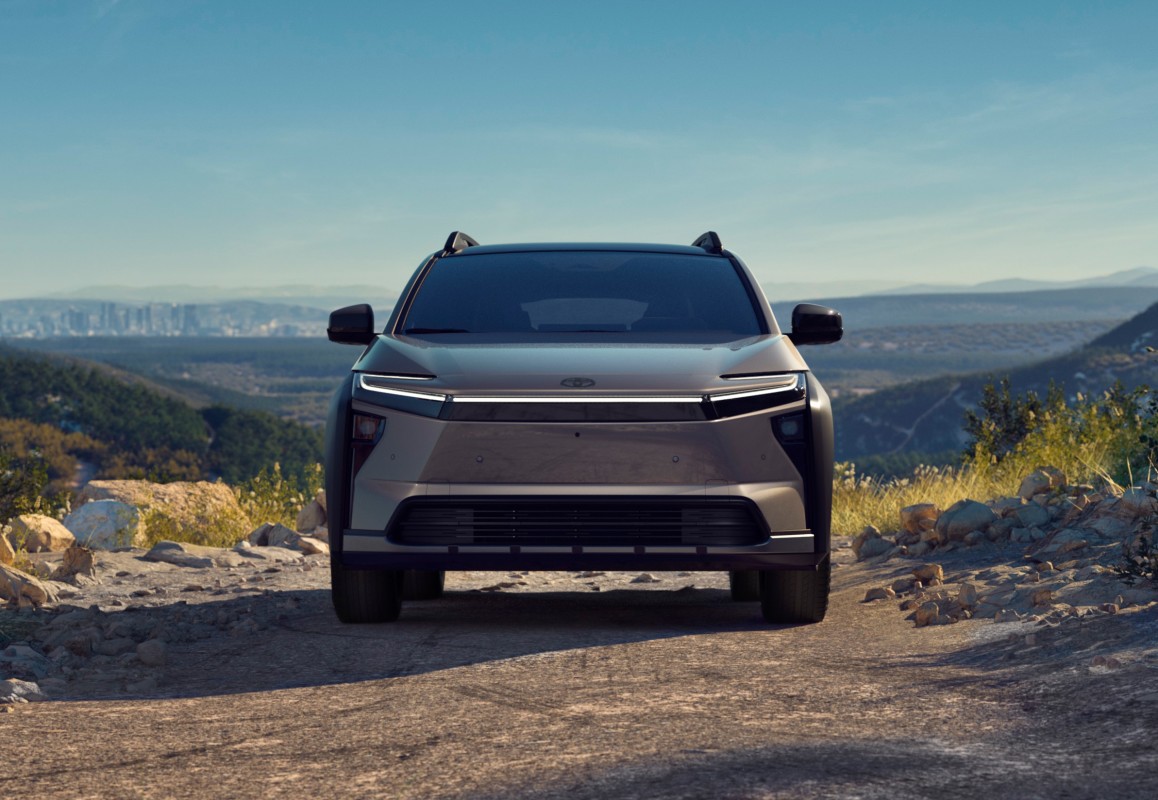
It would be fair to concede that Toyota isn’t moving at lightning speed compared to some rivals. Yet, there’s an air of assurance about their strategy. Toyota appears to be playing the long game, focusing on sustainable growth. In 2024, less than 30,000 EVs were sold by Toyota in a market that saw 1.3 million total EV sales. Instead of chasing immediate volume through incentives like the $7,500 tax credit, Toyota is betting on a steady build-up as the demand naturally grows.
Senior executives at Toyota have voiced concerns about pushing consumers too quickly toward EV adoption, noting the disconnect between aggressive EV policies and current consumer readiness. Their cautious optimism is mirrored in their plans to supply Canada and then export any surplus to countries quicker to embrace EV technology.
The Road Ahead
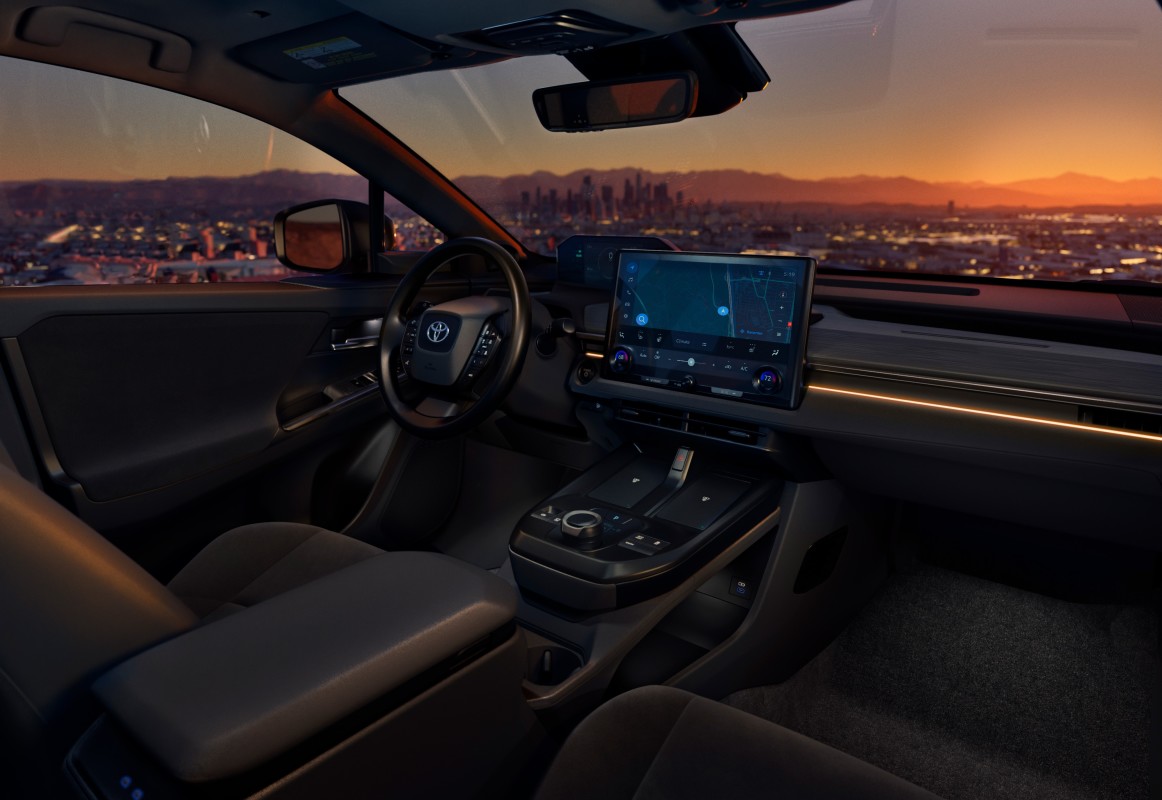
While Tesla continues to be the dominant force in the EV segment, Toyota isn’t sitting on the sidelines. Its plan involves growing territories and future-proofing its lineup. If anything, the bZ and RZ models signify Toyota’s readiness to get into the electric race seriously. Granted, there are still challenges, including pricing and consumer hesitancy, but Toyota has the manufacturing muscle and brand loyalty to potentially outshine brands like Hyundai and even take on industry giants in the long run.
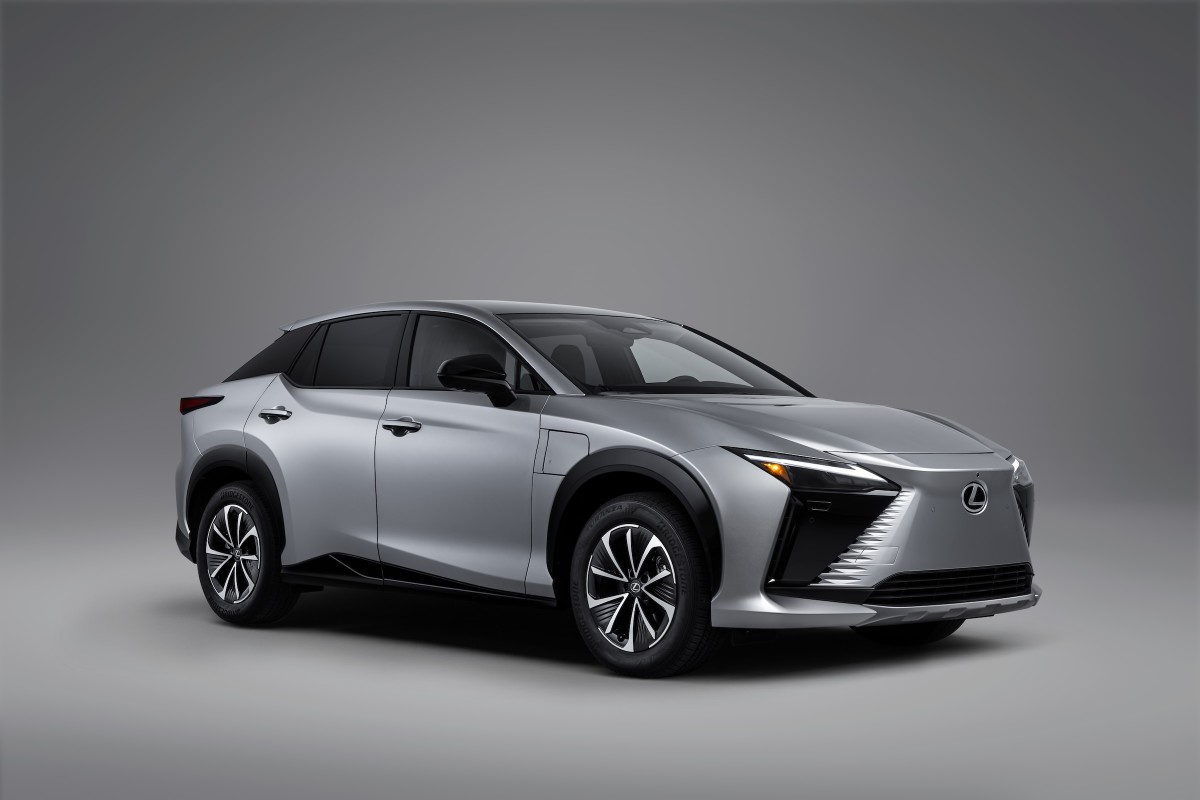
Ford Rearview Recall
Tonale Rust vs Drive
Parking Fee Shocker
Concept Cars Unleashed
Mazda Unveils CX-20